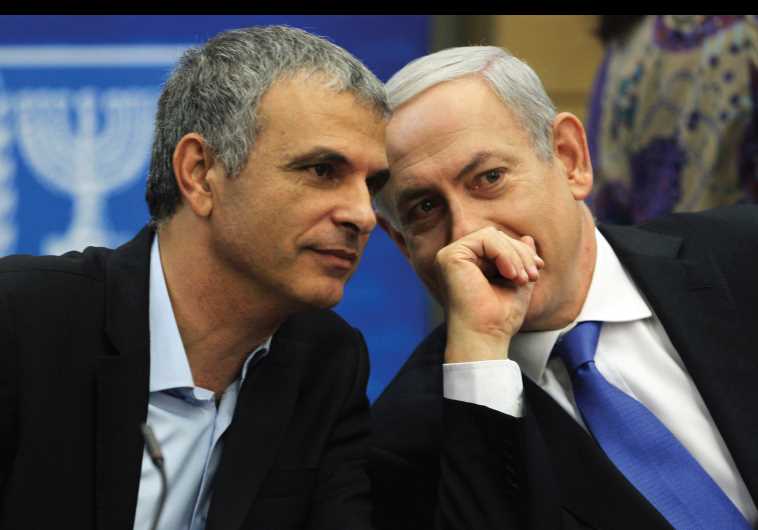Public broadcasting compromise to face High Court challenge today
The agreement is unlikely to be canceled by the court, because Netanyahu received a stamp of approval from Attorney- General Avichai Mandelblit.
 BENJAMIN NETANYAHU and finance minister Moshe Kahlon.(photo credit: REUTERS/BAZ RATNER)Updated:
BENJAMIN NETANYAHU and finance minister Moshe Kahlon.(photo credit: REUTERS/BAZ RATNER)Updated: